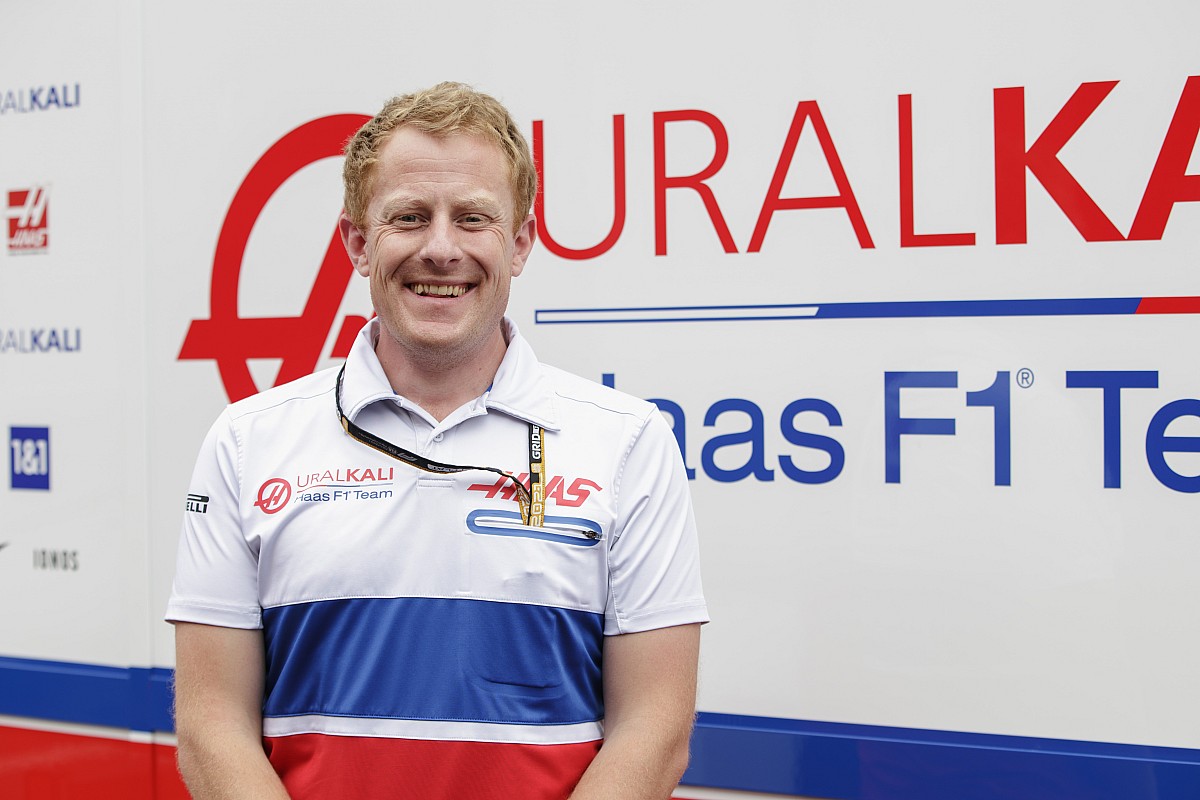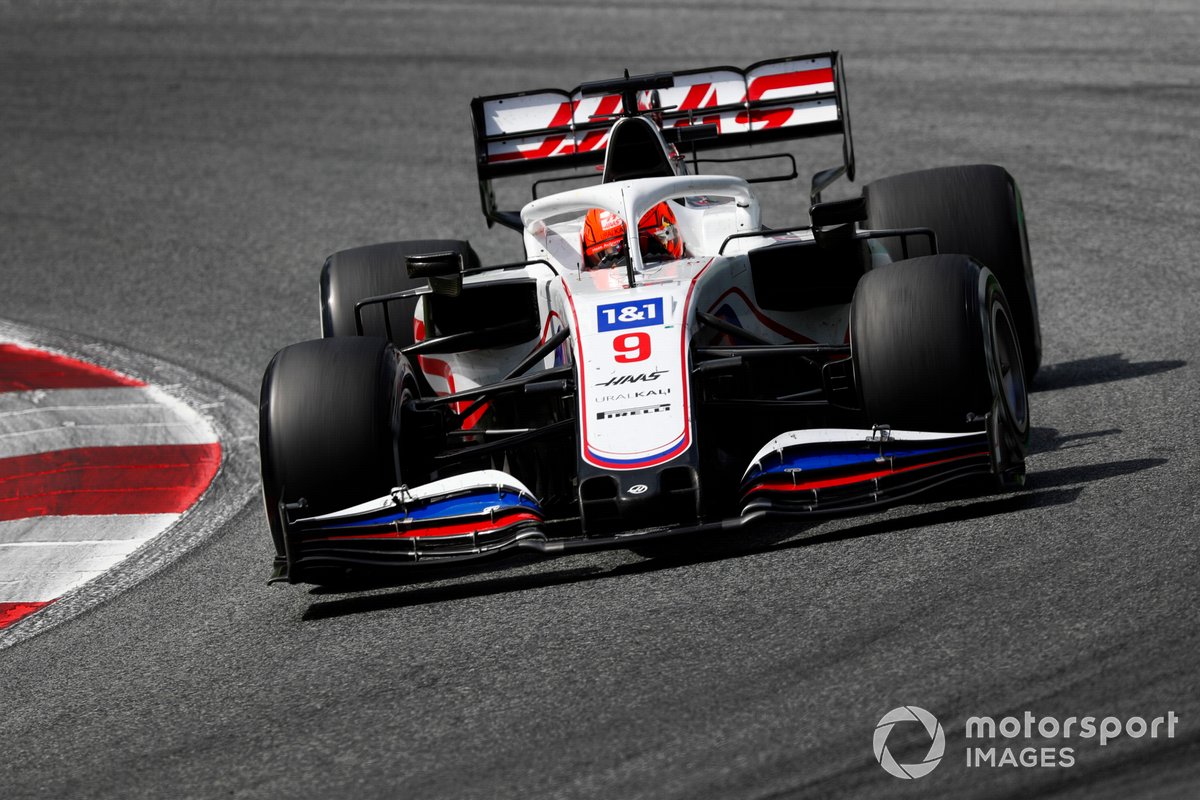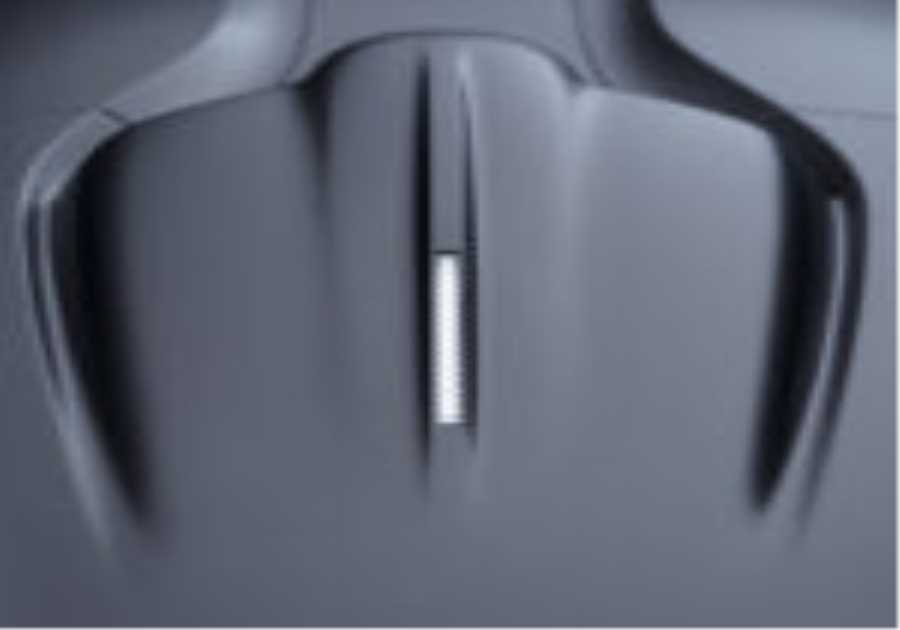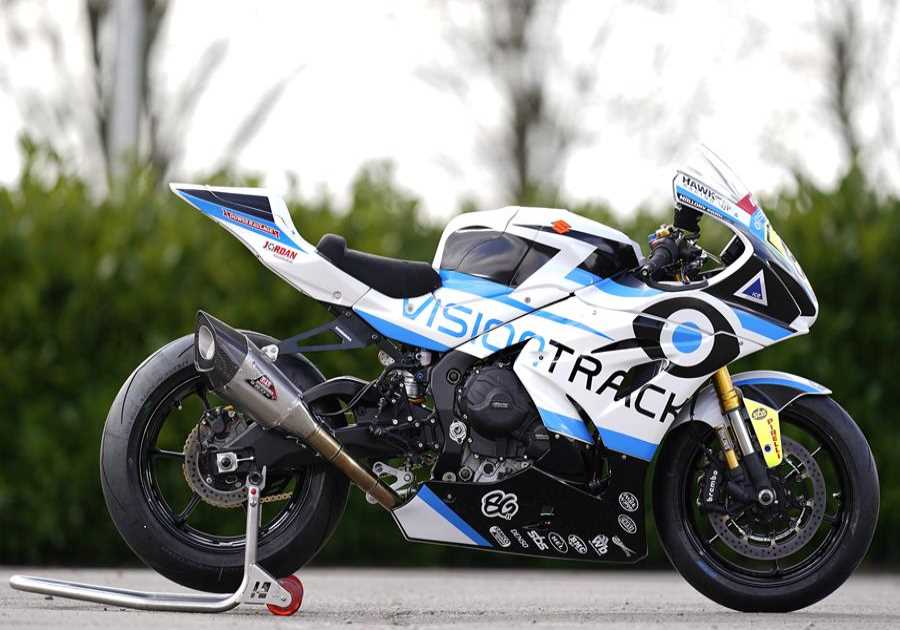
Race engineers are one of the most important roles in a Formula 1 team. You take responsibility for running a car and speak directly to the driver to make sure they have what they want. It’s a hot job with no formal career path. To find out more, we spoke to Dominic Haines – the race engineer for Nikita Mazepin on the Haas F1 Team.
He talks about what a race engineer does, how to get into the job and what a normal day looks like.
What is your role
I’m the race engineer on Nikita Mazepin’s car and my main responsibility is to lead the engineering team for his car.
What are your tasks and main tasks?
We have a lot of people working on the car from Performance Engineers, Control Engineers, Aero Engineers, Tire Engineers and the engine team. I control the technical direction of the car, take in information from everyone and decide how to proceed. If necessary, I manage the operation of the car in the garage. This includes the schedule, the times we leave the garage, the setup on the car and I communicate with the driver when he is on the track. That is the technical and operational side. There is also a human side to the role as you have to talk to the driver a lot – to make sure they are happy and understand their needs and limitations. We bring the technical side together with the human side.
How do you become a race engineer?
Before that, I was a performance engineer on Romain Grosjean’s car for three years. I started in this role when I joined the Haas F1 team, but before that I worked at Lotus as a strategist and before that I had various technical roles. It’s a broad background of performance, reliability, and racing.
Nikita Mazepin, Haas F1
Photo by: Andy Hone / Motorsport Images
What qualifications do you need?
You need a good knowledge of mechanical engineering. Most people these days have a degree in mechanical engineering or something similar with a technical background. That’s the academic qualification, but you need a lot of track-side experience to do the job. It’s not just technology, there are many judgments you need to make quickly.
What should you learn in school?
Subjects like math and physics are just as important as anything practical in technology-based courses.
What other skills are useful?
Lots of experience with cars! You have to be level-headed and resilient, but experience is the most important thing. Experience working on a high level racing team is key to understanding how the operational side works.
What would you suggest to someone looking for work experience?
Any work experience is really good. My first experience was working on a local Clio Cup team in Sheffield while I was at university and you learn a lot. At the end of the day, it’s all the cars. Of course, they get more complicated, but you will learn the basics of how a racing team works, how a racing weekend works – just learn as much as you can. Paid or unpaid, it doesn’t matter, but it all makes a difference.

Nikita Mazepin, Haas VF-21
Photo by: Charles Coates / Motorsport Images
Are you going to run
I can go to all races.
What does a working day look like for a race engineer?
Trackside – I usually arrive three hours before the session starts and check that everything is okay. On a running day, we meet one hour before the car leaves to discuss the running plan for the day and the goals. We then have an hour for FP1, then a debriefing, we go back to FP2 and after Friday is finished we sit and really rummage through the data because we have a lot more time. We’ll then decide where to start the setup for FP3 on Saturday. After FP3 it’s a really quick turn to qualifying and then the car is put under Parc Ferme. On Saturday evening we have some time to relax and then we start the race again on Sunday. After a race weekend we come back and talk to the technical crew and the drivers on Monday. Then we spent a few days going through all the analysis and thinking about the next race. And we repeat.
Do you have a role in pit stops?
I call the driver by radio and shed light on which tire set should be used by the crew on the tire shelves. I also tell the pit wall – which controls the radio to the crew – if we want to make any adjustments to the front wing, which they then pass on.
What do you love most about your job?
I like traveling a lot – all of these places are fun to visit and I like the excitement too. No two days are the same, it’s intense, but it’s very rewarding.
This article was produced in collaboration with Motorsport Jobs. Find the latest jobs in motorsport as well as jobs with the Haas F1 Team on the Motorsport Jobs website.

The post How do you become a race engineer first appeared on monter-une-startup.






